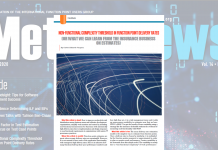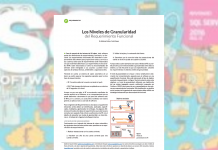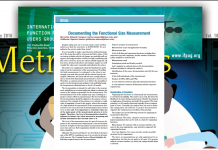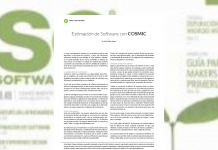The granularity level is the largest or smallest extent in the description of the expected behavior of the software in a functional specification. It defines how specific or how general is the description of the functionality of the software. Different stages of the evolution of a software feature require different levels of granularity in the description of functional requirements: At early stages of its life cycle, a broad view of the scope is required; while at later times, a deeper view. This article presents an introductory discussion about three levels of granularity according to their objectives to be classified as summary, user or subfunction.
Publication
IREB – Requirements Engineering Magazine
Date
Feb/2017
author
Carlos Eduardo Vazquez; Guilherme Siqueira Simões
Why it's important
Introduce applications to determine the level of granularity when evaluating whether a particular requirement is ready to forward to your project and implementation, or whether there are open issues that must be resolved before promoting that requirement to the next stage.
When it applies
Applicability includes refining business needs in functional requirements, verifying requirements analysis for relevant information gaps, in a timely manner and in a simple way.






